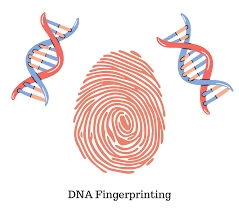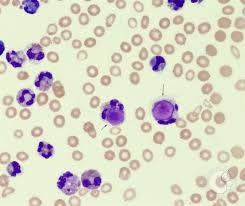
Introduction Pathology is one of the most important and core branches of medical science. It is the study of disease, including: How diseases develop How they affect the body How Read More ……..
Simplifying Allied Health Learning.

Introduction Pathology is one of the most important and core branches of medical science. It is the study of disease, including: How diseases develop How they affect the body How Read More ……..

Introduction DNA fingerprinting is a molecular technique used to identify individuals based on unique patterns in their DNA. Except for identical twins, every person has a unique DNA profile. The Read More ……..

Introduction Peripheral blood smear examination is a fundamental hematological technique used to study the morphology of blood cells. It helps in the evaluation of red blood cells (RBCs), white blood Read More ……..

Introduction The embedding process and the choice of embedding media are critical for achieving high-quality histological sections, essential for accurate diagnosis and research. In histology, various moulds are used for Read More ……..

Introduction Microtome knives and knife sharpening are essential in laboratories, especially in histology and materials science, for preparing ultra-thin specimen sections suitable for microscopic examination. These knives must maintain sharp Read More ……..